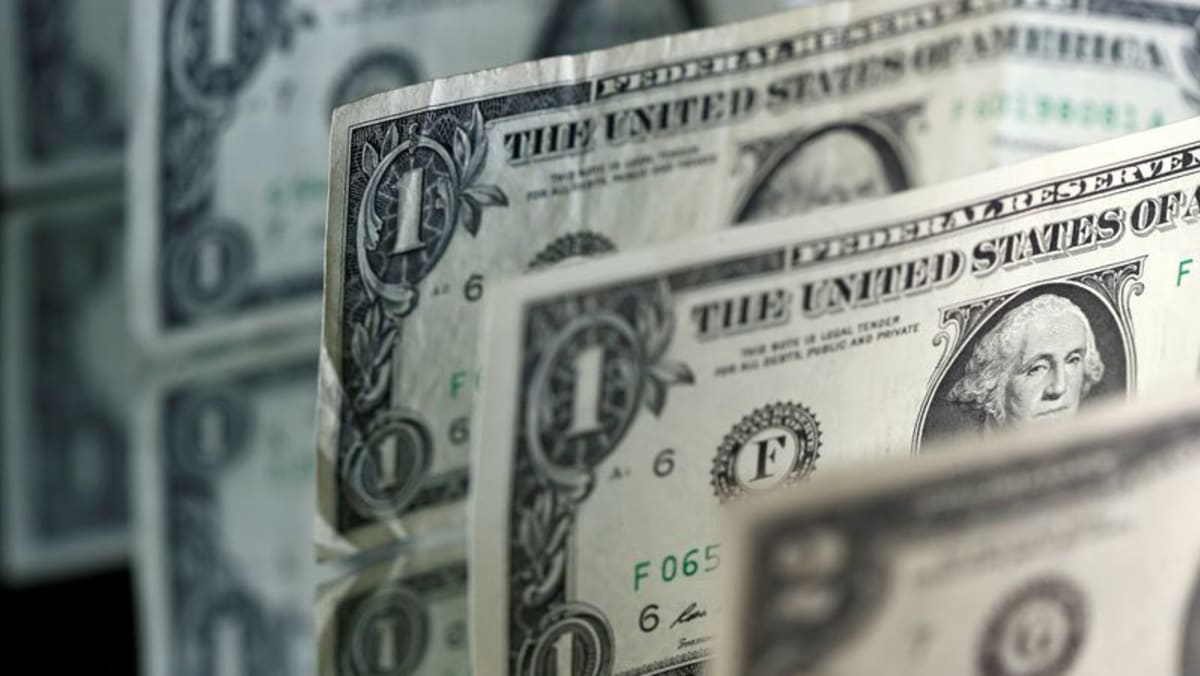TOKYO: Japan's factory output fell more than expected in March, dragged down by its key motor vehicles industry, as US President Donald Trump's tariff policies rattle manufacturers and a whole host of industries globally.
Japan's trade negotiator Ryosei Akazawa will be heading to the United States on Wednesday (Apr 30) to meet his counterparts for a second round of tariff negotiations.
Industrial output fell 1.1 per cent in March from the previous month when it rose 2.3 per cent, worse than a median market forecast for a 0.4 per cent fall, the Ministry of Economy, Trade and Industries (METI) data showed.
While manufacturers surveyed by the ministry expect seasonally adjusted output to increase 1.3 per cent in April and climb 3.9 per cent in May, a METI official cautioned that it is too early for optimism.
"The environment surrounding production remains highly uncertain," the official said.
Motor vehicle production was down 5.9 per cent in March from the previous month, the METI said. Specifically, regular passenger car output fell 4.1 per cent in March because of lower exports, while small vehicle production slumped 23.2 per cent on auto part supply disruption.
Trump introduced a 25 per cent tariff on car and truck imports and announced a 24 per cent tariff on all Japanese goods, though the latter was subsequently slashed to 10 per cent for 90 days. The sweeping US tariffs are rattling Japan's industrial supply chains, particularly for automobiles, the country's biggest export item.
Japan exported ¥21 trillion (US$147.45 billion) worth of goods to the United States last year, with automobiles representing roughly 28 per cent of the total.
The METI official said manufacturers expressed their concerns about US tariffs though the government isn't aware of any changes in their production plans.
Still, Japanese companies are worried Trump's protectionist policies would spark a broader global slowdown.
Top Japanese construction machinery maker Komatsu on Monday forecast a 27 per cent decline in operating profit this financial year due to a stronger yen and new US tariffs which will have an impact of more than US$650 million.
Separate data showed Japanese retail sales rose 3.1 per cent in March from a year earlier, slightly less than the median market forecast for a 3.5 per cent rise.

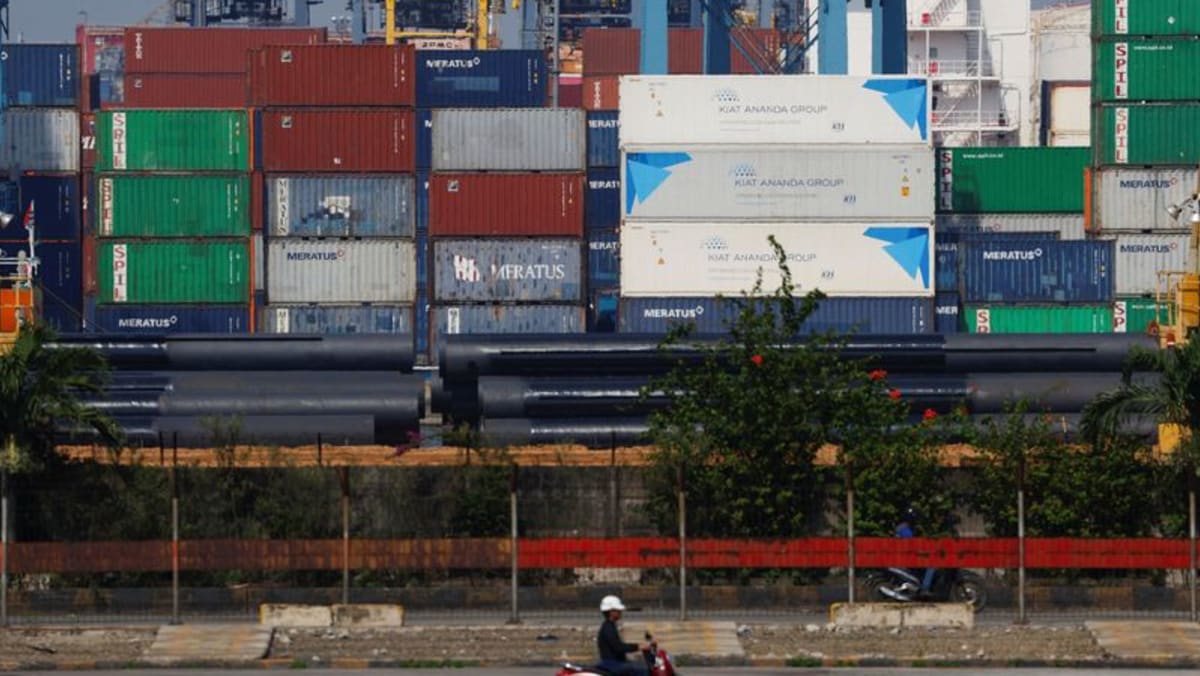

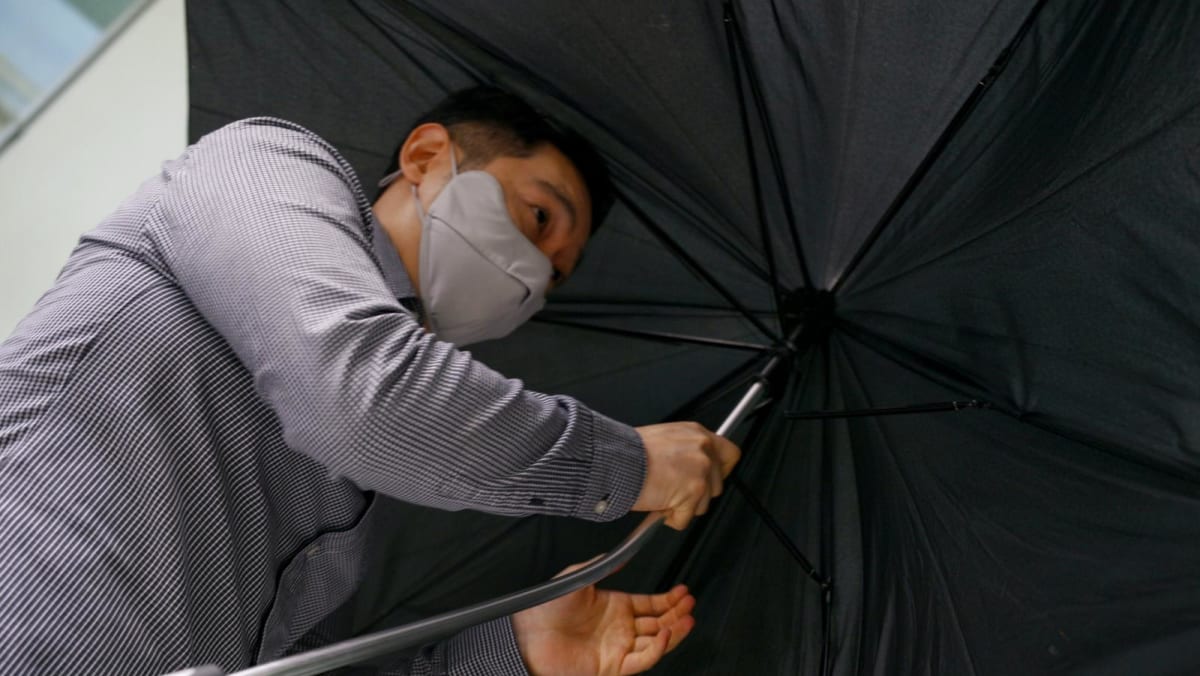




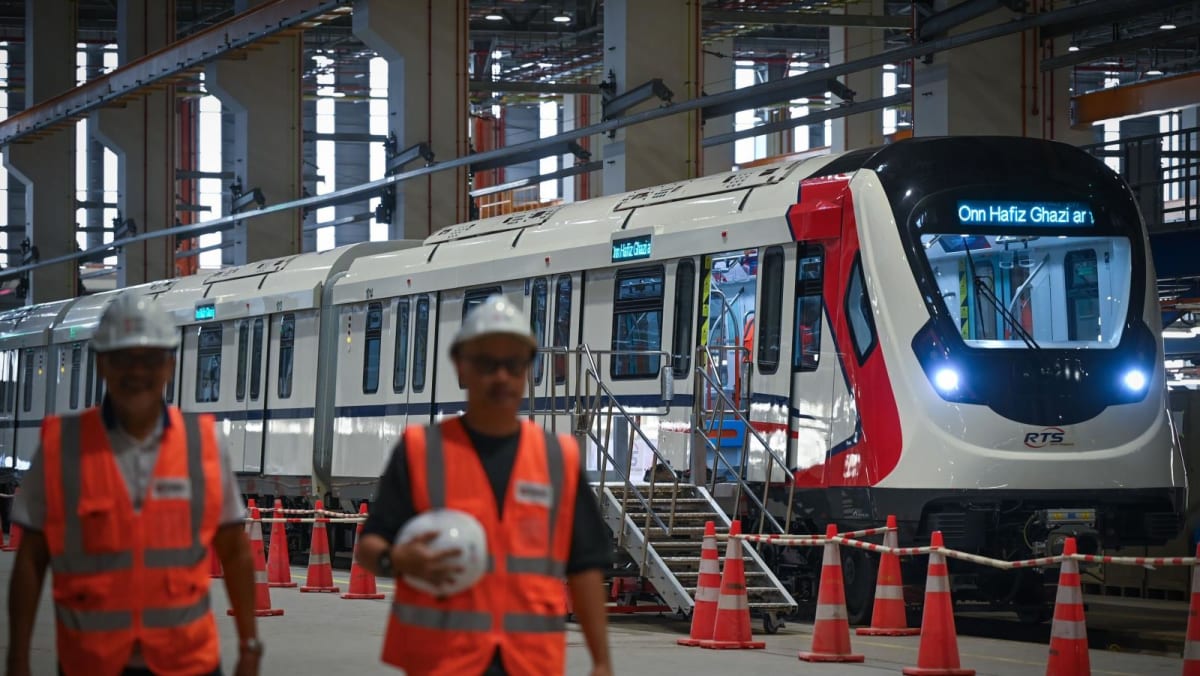
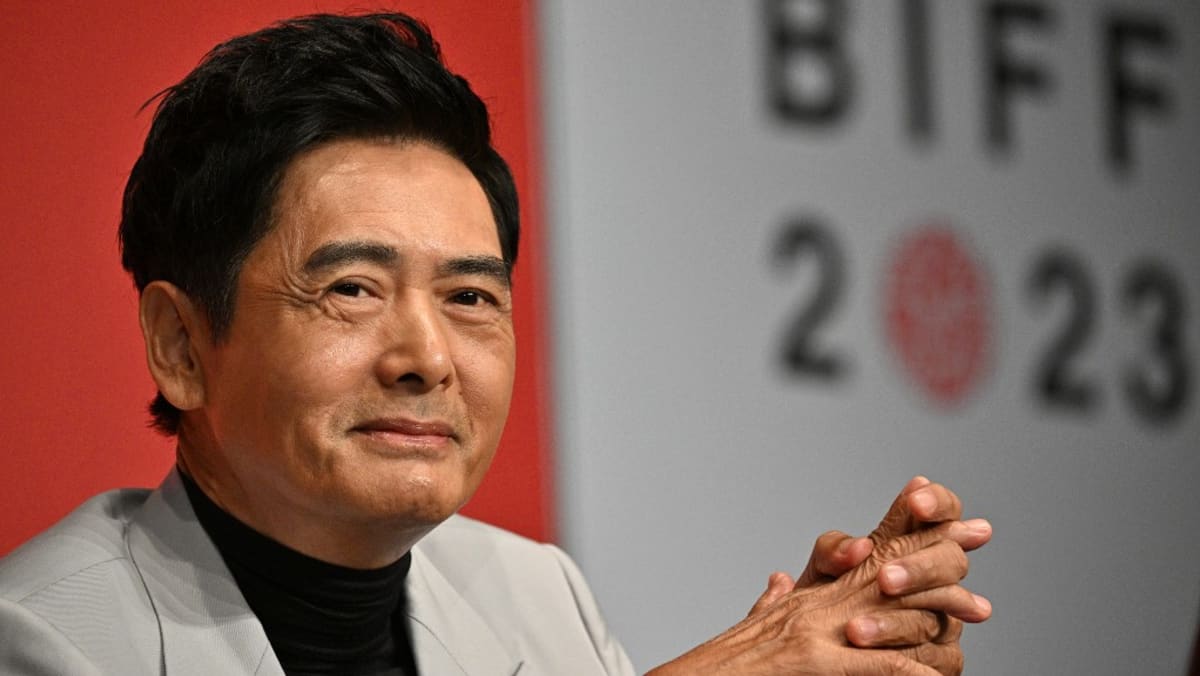



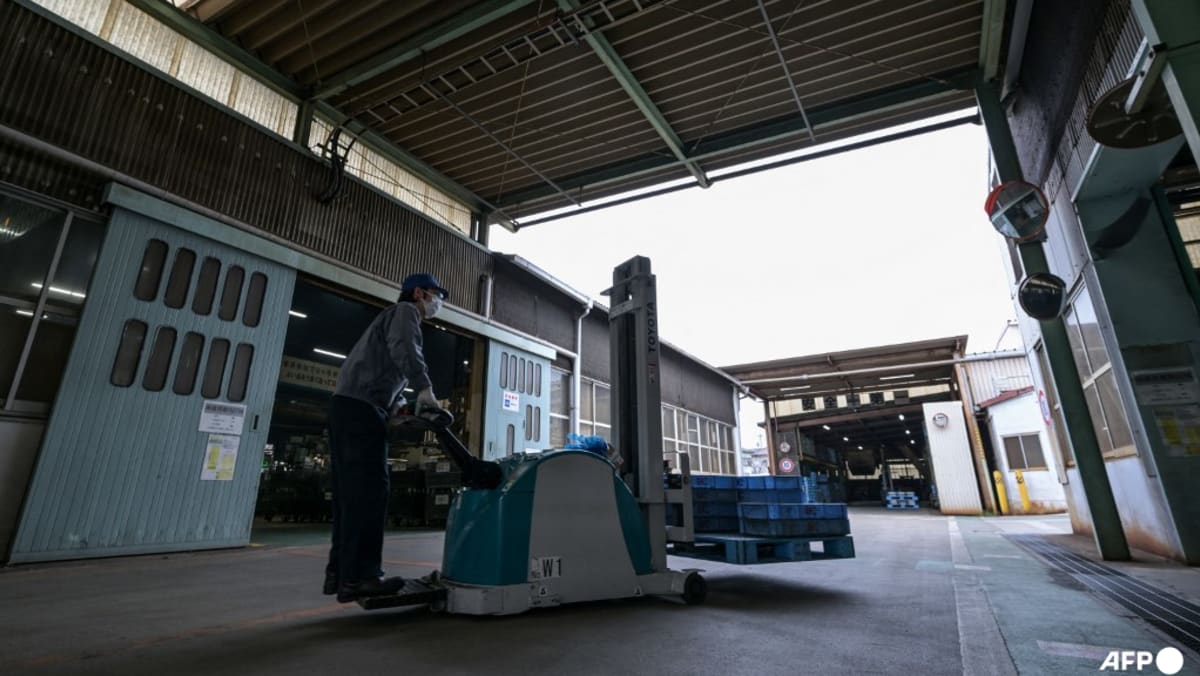
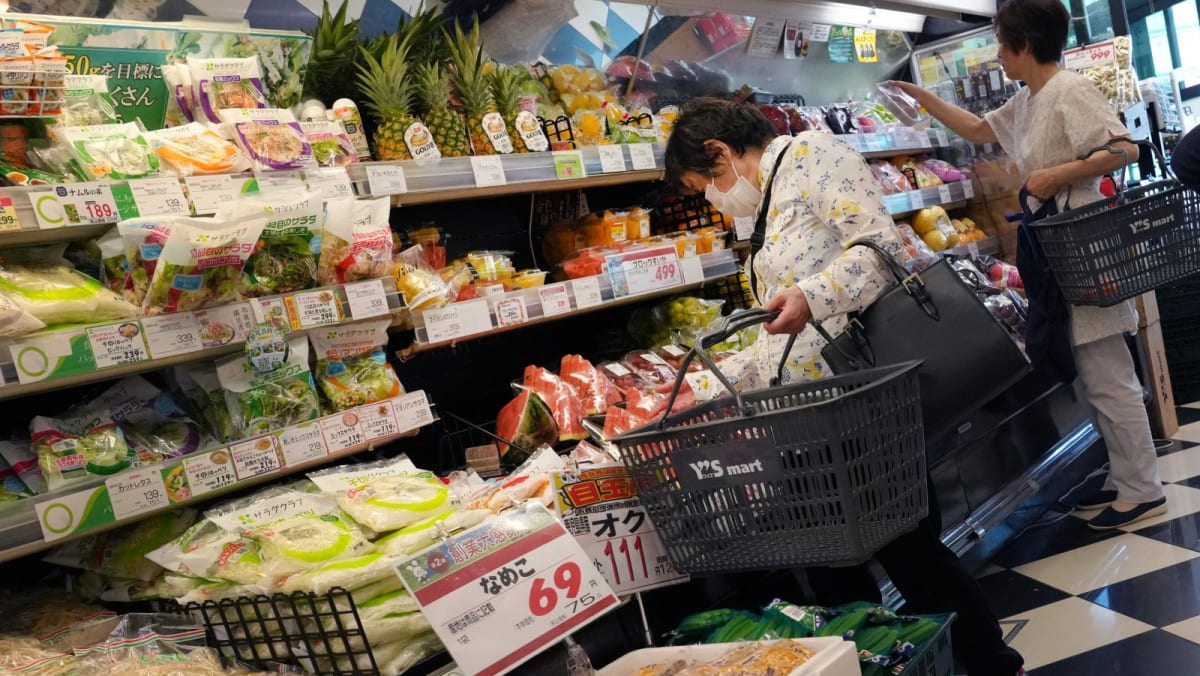
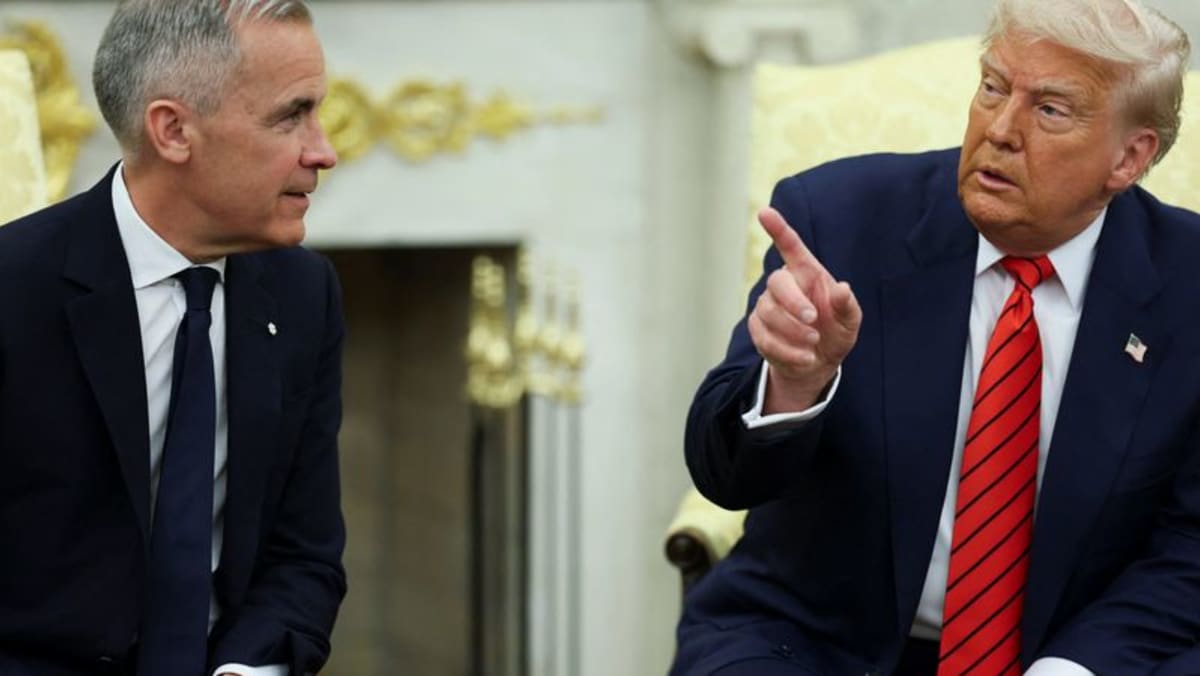


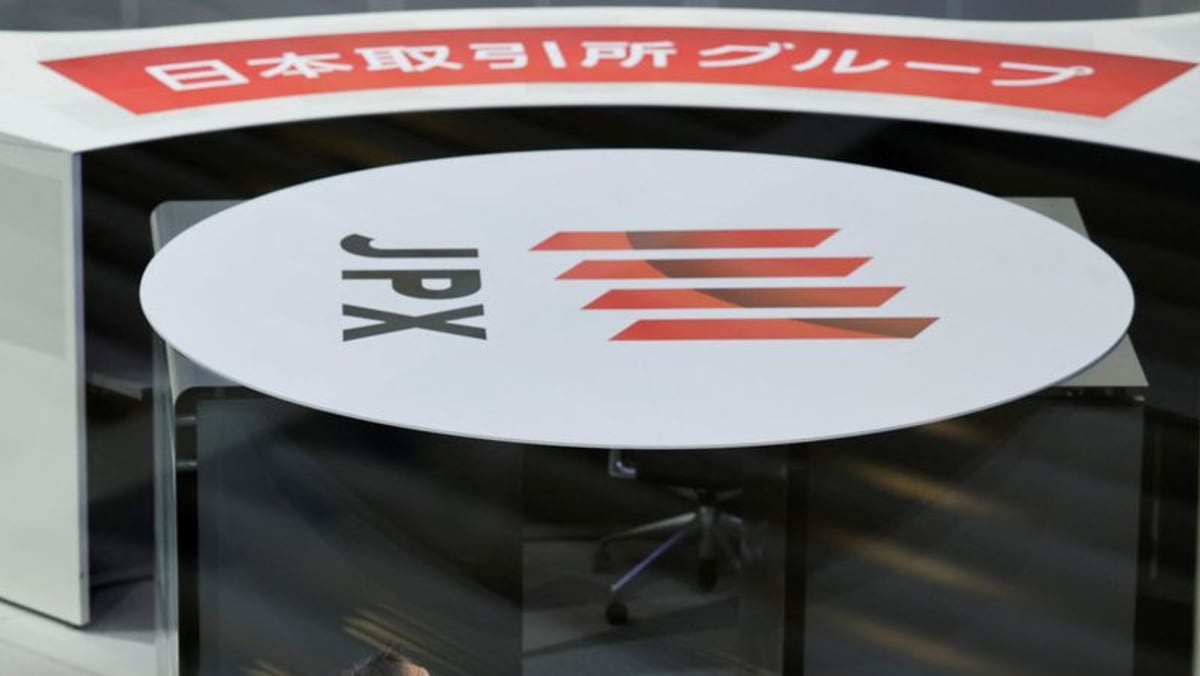
















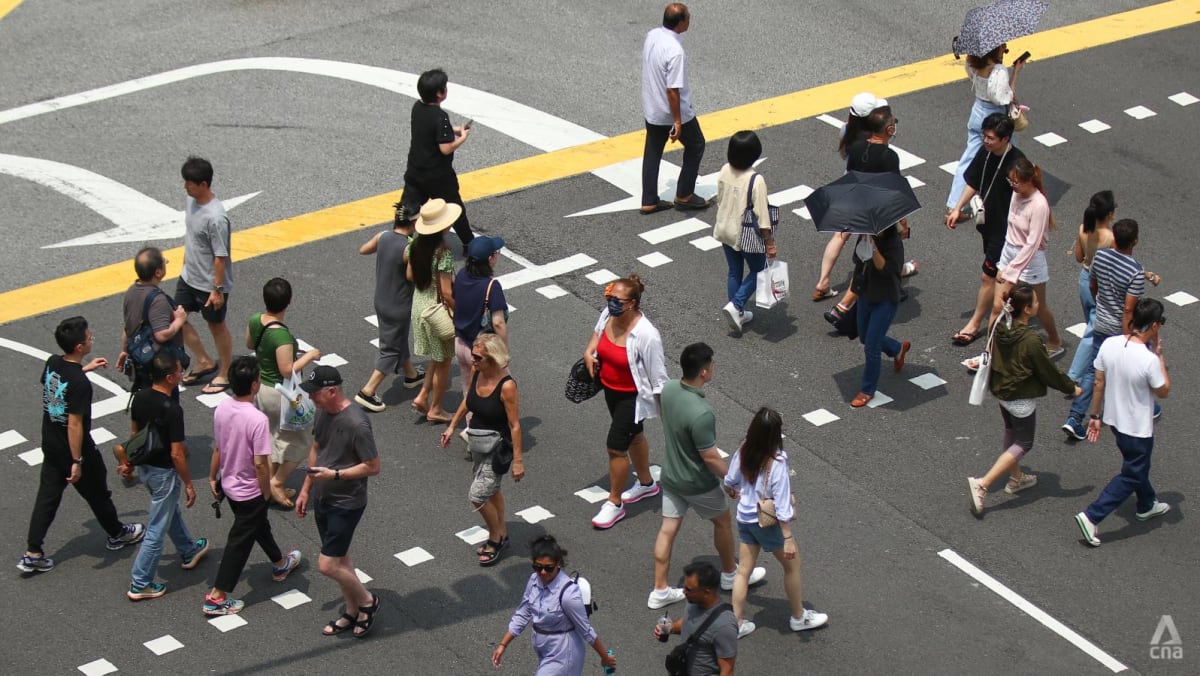













.png?itok=erLSagvf)
